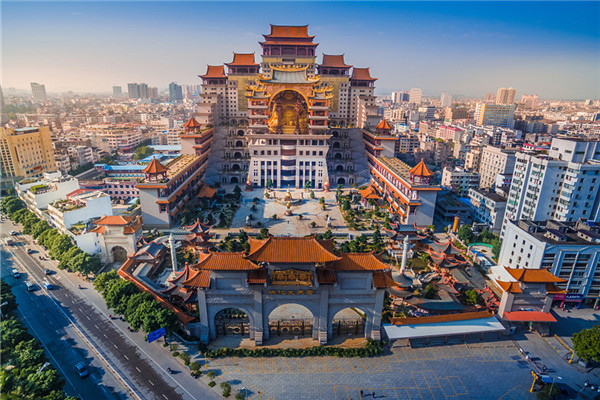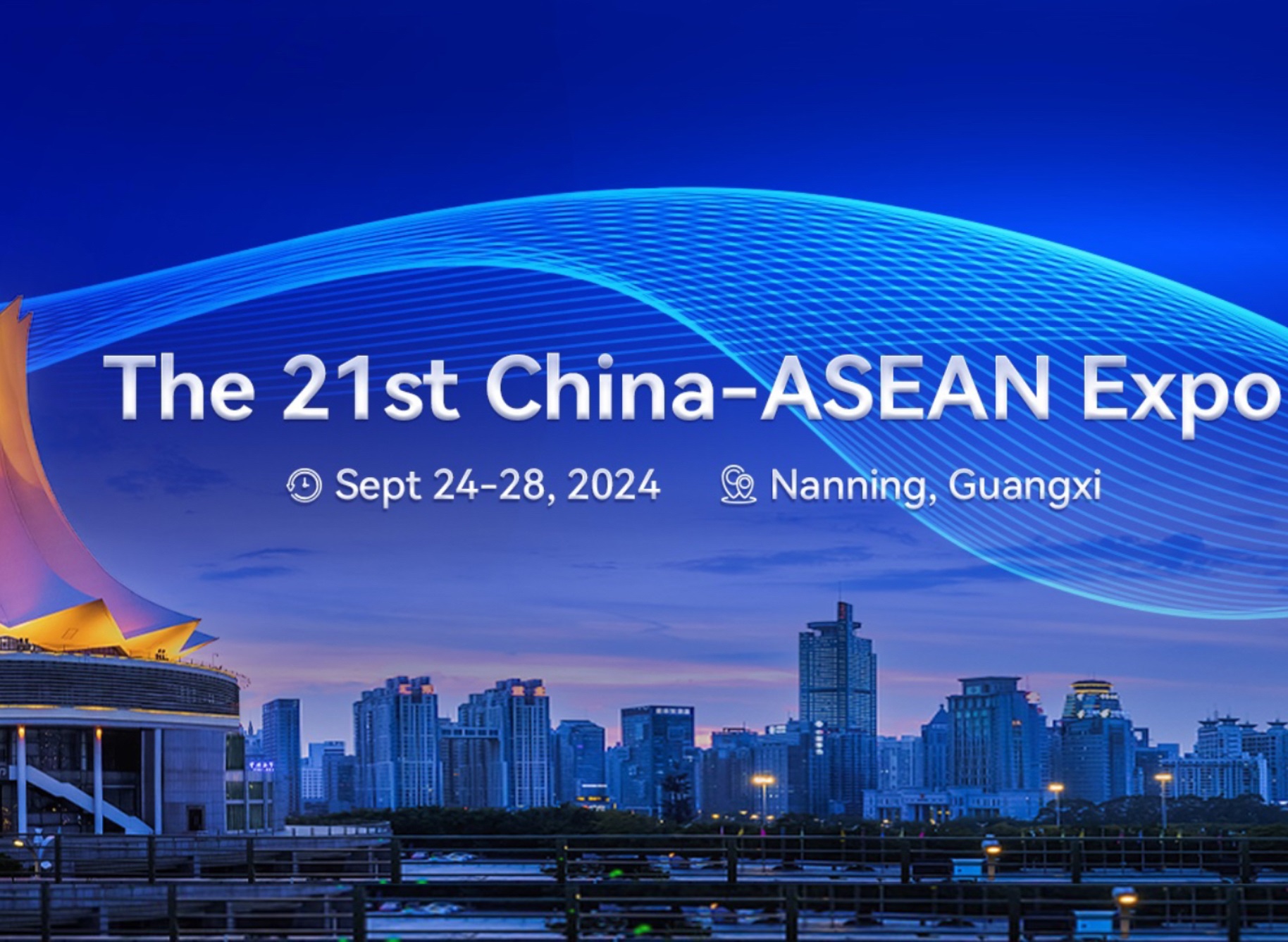Yulin
Yulin is a pilot city for national reform and development. It is one of the nine cross-strait agricultural cooperation pilot zones in China. It is also a member city of the Guangxi Beibu Gulf Economic Zone and the Pearl River-Xijiang River Economic Belt. The city covers a total area of 12,800 square kilometers.
Yulin is located in the southeast of Guilin. It is close to Guangdong, Hong Kong and Macao. It faces the Beibu Gulf and Southeast Asia. It sits in both the South China Economic Circle and the Great Southwest Economic Circle. It is the bridgehead of Guangxi's integration into the Pan-Pearl River Delta and Pan-Beibu Gulf. Yulin is an important node city for inter-connected and coordinated development between the coastal urban agglomeration and the economic hinterland in Guangxi. It is an important land passage and springboard to the ASEAN.
Yulin is an excellent tourist city in China. It has over 120 tourist attractions including Zhenwu Pavilion, Guiren Pass, Yuntian Culture City, Dayongshan National Forest Park, Xielu Mountain Villa and Duqiao Mountain. In recent years, Yulin has unswervingly implemented an ecological development strategy, vigorously developed its rural economy, and focused on building a pastoral ecology. Yulin has been named a "National Green Forest Model City", "National Forest City" and "National Garden City". Yulin has featured tourism types such as leisure health, history and culture, prayer and gratitude tours, hometowns of overseas Chinese, and exploration of celebrities' footprints.

Yuntian Culture City in Yulin [Photo/VCG]
Yulin is an important production base for grain, fruit and poultry in Guangxi. It is also known as the "hometown of lychee", the "hometown of longan" and the city of origin of the Shatian pomelo.
Yulin's mother river, the Nanliur, originates in Dayong Mountain and goes straight into the sea to the south. The Beiliu River originates from the Yunkai Mountain and flows into the Xijiang River to the north. The Nanliu River and the Beiliu River have made Yulin an important connecting point for the Silk Road and the Maritime Silk Road. Yulin has cultivated well-known enterprises including Yuchai Group, Yulin Pharmaceutical, Sanhuan Group and Nanfang Food. Yulin has formed machinery manufacturing, non-ferrous metals, healthy food, new energy and new materials, renewable resources, ceramics, electronic information, tourism and other industries with distinct characteristics and advantages. Yulin is China's largest base of internal combustion engine production and daily-use ceramics production and export. It is also has national-level importance for production and export of building materials and leather garments, and for food processing.
In recent years, Yulin has integrated into the national Belt and Road Initiative and the Double-Core Drive strategy of Guangxi. It has promoted an opening up and development strategy, and adhered to the principle of steady progress, reform and innovation. The city has made coordinated efforts to promote steady growth, continued reform, structural adjustments, and higher living standards, and to forestall economic risks. As a result, Yulin has achieved stable economic growth and coordinated development.


